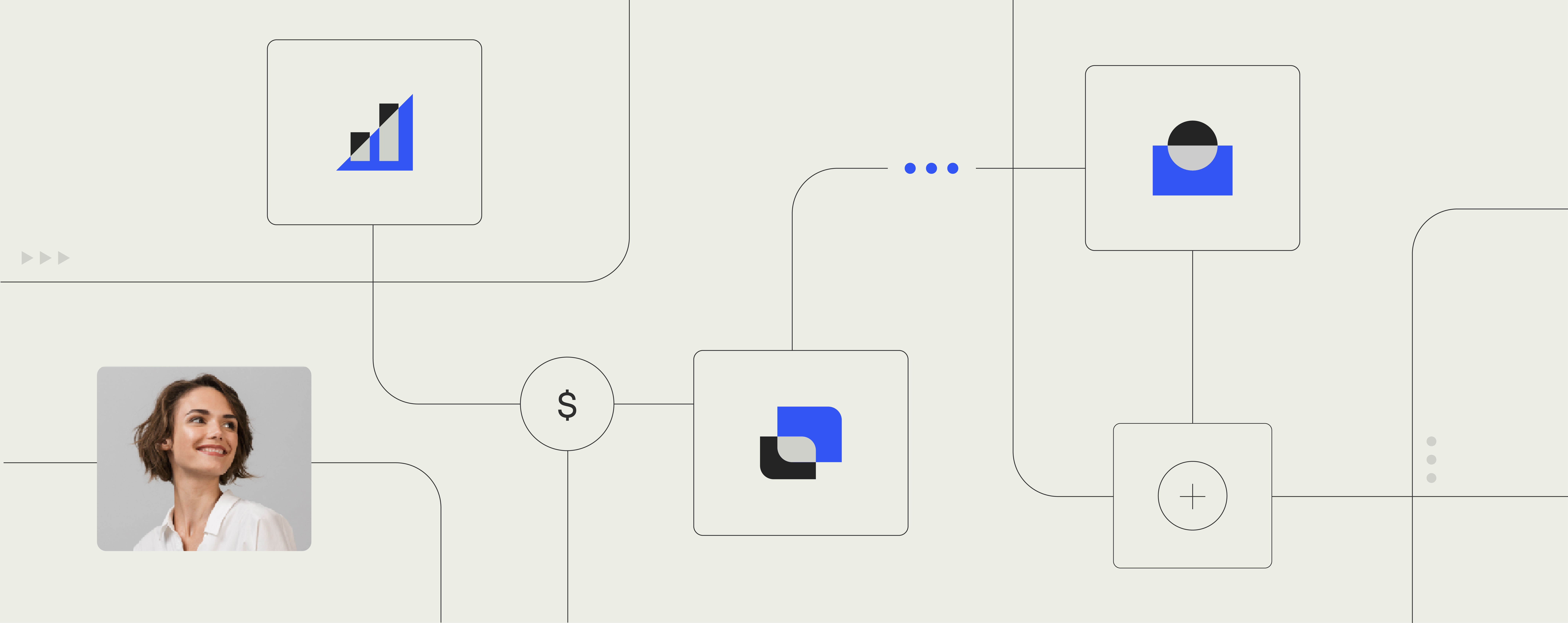Updates to data protection legislation: How to prepare company content

What do data protection regulations mean for your organization?
GDPR was just the first of many consumer data privacy laws that have, or will, come into effect in the very near future. GDPR impacted how, when, where, why, and who can use and collect the data of EU residents, and failure to correctly comply resulted in heavy fines – in some cases, as much as 4% of an enterprise’s global revenue. Nearly every large corporation has had to adjust how they deal with data involving EU residents. And GDPR is just the first of a growing trend; to be prepared, enterprises need to invest in the right compliance software and processes to handle impending changes.
The California Consumer Privacy Act (CCPA) comes into effect January of 2020 and gives California residents many of the same protections provided by GDPR. As California is the 5th largest economy in the world, it tends to be a harbinger for what will happen in the rest of the US, so companies should expect a plethora of similar requirements to come into action in the next few years. Currently, Nevada, New York, Washington and the US Federal government are at different stages of passing their own data privacy laws. Similarly, in February 2020, the Lei Geral de Proteção will enter into force in Brazil, enforcing a high level of data protection for the country. These changes will all result in changes in how companies collect consumer data, and the required disclosures in company documents, communications, and contracts. In order to effectively handle these changes with minimal disruption, compliance software systems used by companies should be forward-looking and easily updated to allow changes by region.
GDPR, CCPA, and other privacy laws are not unique or special
Many industries have already faced stringent regulations and legal changes which have had far-reaching impacts. Biotech, alcohol & tobacco, oil & gas, and banking industries have all faced significant regulatory pressure in the past. GDPR is simply the first to impact companies in the data privacy space, which creates unique challenges for technology companies that have previously avoided the brunt of regulators, so may not be set up to consider these requirements.
Technology companies should ensure that data protection requirements are handled centrally, in a future proof manner. GDPR may be the most complete and stringent data protection laws to date, but looking forward, GDPR is likely to be just one of many data protection laws. Companies should be prepared to manage similar shifts in law and adjust seamlessly as they move forward. Enterprises will need to enhance their current compliance management software to be able to effectively and easily manage new data privacy regulations. Compliance systems must be in place to ensure GDPR, and similar regulations, are complied with. Document automation tools are a key part of this compliance tech stack.
Read next: 5 Interesting stats about using Word and PowerPoint at legal and financial firms
Document Automation and Required Disclosures
New data privacy laws will force companies to make significant changes to current contracts, disclosures, and notices that relate to data collection activities. These required mass updates to disclosures will be much simpler and quicker to administer if companies invest in document automation tools. One of the easiest ways to assure that all content created is GDPR compliant is to use document automation software to ensure that emails, presentations, contracts and documents have the right warnings.
Document automation tools ensure that the right labels, disclosures, opt-outs, consent language, and additional required language are automatically present in the documentation where they are required. The Templafy interface appears directly where employees are creating content, ensuring that created content is always legally compliant. More importantly, legal teams can push out mass updates to company documents, which are updated company-wide instantly. If they had used Templafy, companies updating content due to GDPR would have saved 90% of the effort required to update contacts, disclaimers, consent language and other documents.
Legal series: Knowledge automation
Enhance your document creation workflow
What do CCPA, GDPR, and Brexit, have in common?
These regulations will all result in changes to how global enterprises do business. Only time will tell what exact changes are coming down the pipeline, however we all know that things are about to get more complicated and change will have to happen.
We can predict that between the CCPA, GDPR, and Brexit, companies may need to modify the majority of documents they create. Whether it is contracts, disclosure requirements, or other required disclaimers, the implications will be far-reaching, and vital to comply with. Investing in a document automation tool like Templafy will significantly reduce the burden around the task of manually modifying every single document. Simplifying these tasks will reduce the burden caused by these legal changes, and give enterprises a foot forward, regardless of the changes that regulators throw at them.



